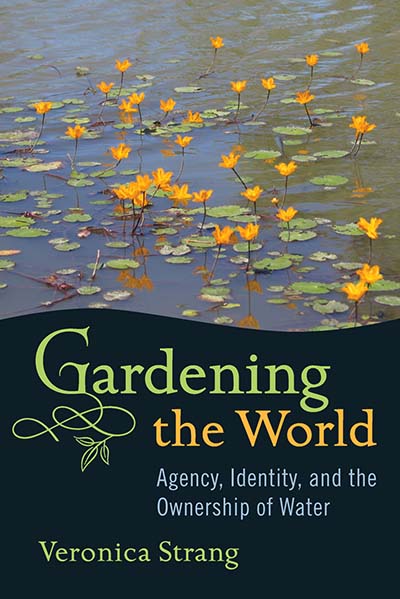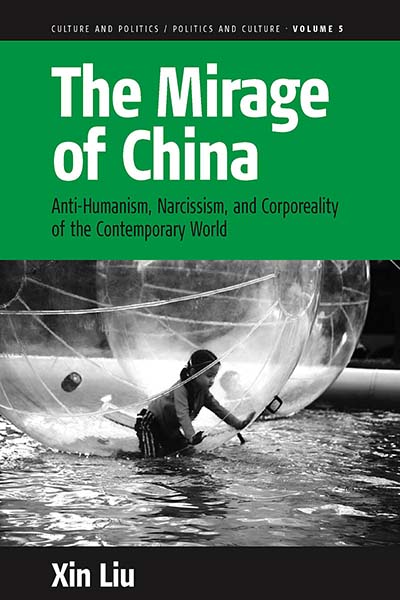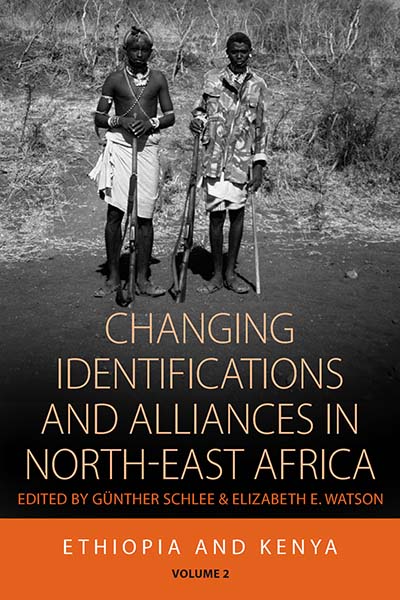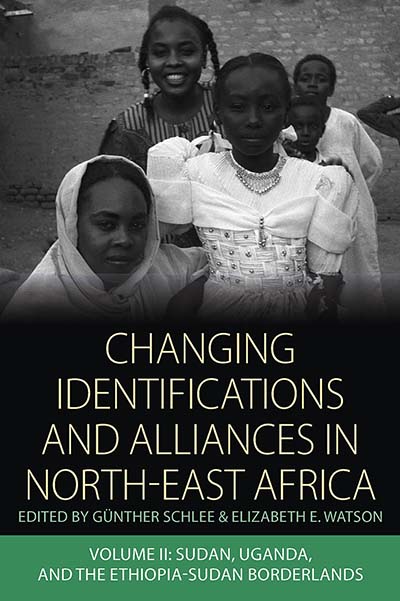
Email Newsletters
Sign up for our email newsletters to get customized updates on new Berghahn publications.
Gardening the World
Agency, Identity and the Ownership of Water
Veronica Strang
326 pages, 22 ills, bibliog., index
ISBN 978-1-84545-606-1 $135.00/£104.00 / Hb / Published (August 2009)
ISBN 978-1-78238-130-3 $29.95/£23.95 / Pb / Published (June 2013)
eISBN 978-1-84545-940-6 eBook
Reviews
“An interesting example of how to use the technique of ethnographic juxtaposition to highlight multiplicity… The experimental and evocative style… would make this book especially useful for undergraduate teaching, for courses on the comparative study of water, and for the examination of Australian history and politics". · American Anthropologist
“A fascinating, rich, highly multidisciplinary, volume... I really enjoyed reading this book... I recommend it highly to both the academic world and interested amateurs.” · John Bell, Imperial College, London
“Gardening the Worldprovides fascinating insight into a growing contemporary fear of global water shortages. Strang develops a workable framework for a new international worldview toward water - a worldview that moves beyond the idea that humankind and its economic activities are separate from ‘nature’…It also illustrates the fragility of ecosystems and the consequences of resource exploitation. Strang’s work connects human behaviours and actions at the local level with policymaking at the regional, national, and international level.” · H-Net Reviews
“[This book] is both an impressive, intellectual synthesis of long-term ethnographic research and a provocation for water users and academic writers. Strang writes fluidly about two specific Australian water basin, yet readers will immediately be struck with the strong parallels in water use and policy from their own regions.” · Journal of Anthropological Research
“A significant strength of the book is the depth of research that it draws on…[It] is a very timely study of an important issue. It is extremely well researched and has real policy implications. There is no doubt that this book will be of wider interest, and appeal to many people concerned with human–environment relationships.” · Anthropological Forum
“The qualitative, thick ethnography, using narratives and cultural historical data, brings to the forefront many social aspects, such as gender…This is an important book not only from the point of view of competently dealing with the issue of water and its sustainability for future life on earth but also as a book of ecological anthropological theory.” · Anthropological Notebooks
"Veronica Strang draws a compelling fluidscape in masterly strokes to show that water belongs in its totality to a context, within a geographical area. She reminds the readers convincingly that water is an integral part of ecological order and describes how cultural values abstract this invaluable and finite natural resource. The meanings of water flow through and across sectoral boundaries to reveal sharp tensions between different uses of it. This book is a must-read for anyone wanting to know about water." · Kuntala Lahiri-Dutt Fellow, Resource Management in Asia Pacific Program Research, The Australian National University
"...addresses an extremely important topic in an interesting way...a valuable contribution to the debate about water as a material and symbolic resource." · Kay Milton, Queen's University Belfast
"This richly developed, well-argued work is an essential read for environmental scholars, students, and practitioners." · Barbara Rose Johnston, Senior Research Fellow, Center for Political Ecology
Description
Around the world, intensifying development and human demands for fresh water are placing unsustainable pressures on finite resources. Countries are waging war over transboundary rivers, and rural and urban communities are increasingly divided as irrigation demands compete with domestic desires. Marginal groups are losing access to water as powerful elites protect their own interests, and entire ecosystems are being severely degraded. These problems are particularly evident in Australia, with its industrialised economy and arid climate. Yet there have been relatively few attempts to examine the social and cultural complexities that underlie people's engagements with water. Based on long-term ethnographic fieldwork in two major Australian river catchments (the Mitchell River in Cape York, and the Brisbane River in southeast Queensland), this book examines their major water using and managing groups: indigenous communities, farmers, industries, recreational and domestic water users, and environmental organisations. It explores the issues that shape their different beliefs, values and practices in relation to water, and considers the specifically cultural or sub-cultural meanings that they encode in their material surroundings. Through an analysis of each group's diverse efforts to 'garden the world', it provides insights into the complexities of human-environmental relationships.
Veronica Strang is a Professor of Anthropology and Executive Director of the Institute of Advanced Study at Durham University. An environmental anthropologist, she has written extensively on water, land and resource issues in Australia and the UK, and is the author of Uncommon Ground: Cultural Landscapes and Environmental Values (Berg 1997), and The Meaning of Water (Berg 2004). She also co-edited, with Mark Busse, the ASA Monograph, Ownership and Appropriation.




